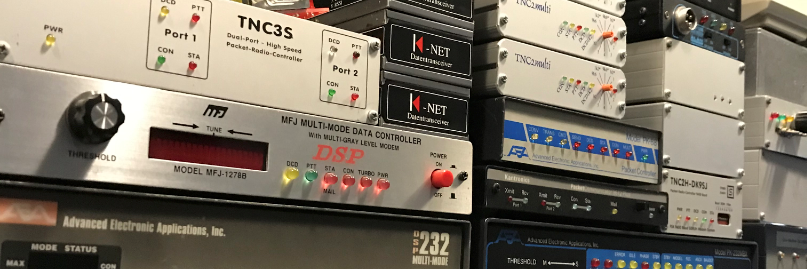
These extensions are used in TPK 1.65a (and up) and FBB 5.14 and up.
HEADER extension.
The header now carries the DATE and TIME of the file being transmitted.
[SOH] [Len] [Filename] [NUL] [File Size] [NUL] [Date] [Time] [NUL]
The Date and Time are the values reported by DOS, coded in 4 hexadecimal
digits and are sent in ASCII (8 characters).
The receiver has the choice of using either extended Yapp with checksum or
normal Yapp.
The normal Yapp reply is RF, as before and the receiver can keep the date
and time information .
The extended Yapp reply is : RT Receive_TPK and is coded : [ACK] [ACK]
If the receiver reply is RT the protocol used will be what I have called
YappC for Yapp with checksum. When the sender gets this packet he MUST use
YappC.
Data Packets extension.
If the receivers reply is RT the protocol used will be YappC. The checksum
allows detection of packets corrupted along the link, particularly on the
RS232 lines where there is no error control or correction (or it's very
poor!)
Data packets : [STX] [Len] [Data] [Checksum]
Checksum is the sum of all data bytes anded with FF in 8 bits like Xmodem.
If the checksum is bad then the receiver must send a Cancel and enters CW
state.
Crash Recovery.
A new field has been added to the resume reply to tell the sender if the
receiver can use YappC or not. Resume is sent instead of RF (or RT).
Resume reply for Yapp: (as used before by TPK and FBB)
[NAK] [Len] [R] [NUL] [Received Length] [NUL]
I I I
I I +-- in ASCII as in the header
I +-- as Resume !
I
+------- len of the following bytes
Resume reply for YappC:
[NAK] [Len] [R] [NUL] [Received Length] [NUL] [C] [NUL]
I
Tells sender I can use YappC -----+
When the sender gets this packet then he must also use YappC.

